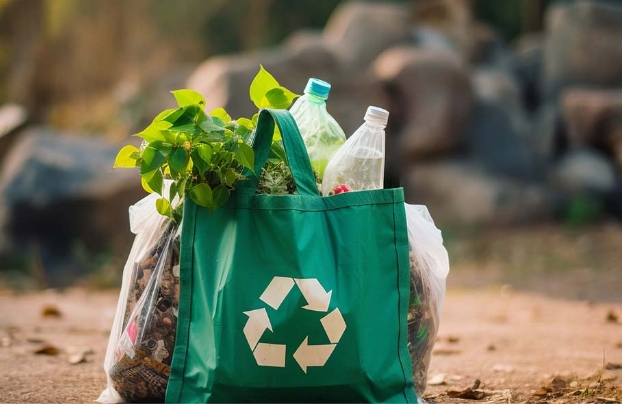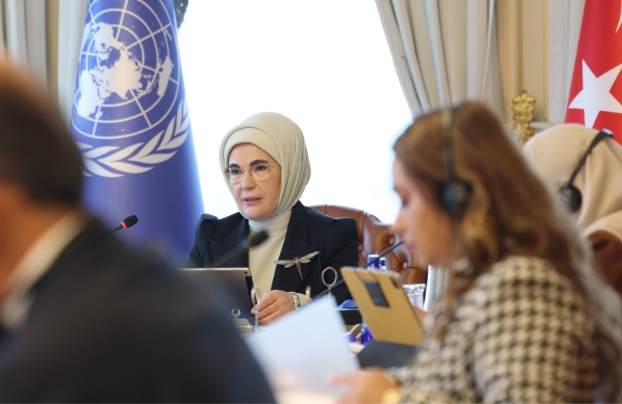Zero Waste

Türkiye, atıkların verdiği zararı en aza indirmek için "Sıfır Atık" adıyla büyük bir seferberlik başlattı. Peki, bu proje neden önemli, doğaya ve insanlara nasıl katkı sağlayacak?
The world population is growing, and waste levels are rising. Both people and nature are under threat. Countries are developing various strategies to reduce waste, and Turkey is among them. The project implemented in Turkey is called Zero Waste.
Launched in 2017 by Emine Erdoğan, wife of President Recep Tayyip Erdoğan, the project is overseen by the Ministry of Environment, Urbanization, and Climate Change. So far, 21,000 institutions and organizations have adopted the "Zero Waste" program.
The recycling rate has reached 13%, with a target to increase this to 60% by 2030.
Recep Akdeniz, Deputy General Manager of Environmental Management, stated that the Ministry aims to expand the project nationwide by 2023.
“Achieving the goals of the Zero Waste Project will only be possible with the support of our municipalities, institutions, businesses, and, most importantly, our citizens."
42 million trees to be saved from being cut down
The Zero Waste Project is vital, as it is possible to recycle up to 75% of waste.
In Turkey, approximately 2.5 million tons of waste consists of paper waste. Recycling this will prevent the cutting down of 42 million trees.
Recycling 31 million tons of waste annually will prevent the release of 585 million kilograms of greenhouse gases.
It will save 69 million cubic meters of water, minimizing the risk of drought for future generations.
There will be a 20 billion kilowatt-hour reduction in energy usage, creating an annual economic gain of 20 billion lira for economic development. The expansion of the Zero Waste Project by 2023 will create job opportunities for 100,000 people in the service sector.
What should citizens do?
The project will not only prevent environmental pollution but also enable more efficient use of natural resources.
Additionally, recycling waste will increase economic gains, prevent wastefulness, and promote sustainable development. Most importantly, this awareness will leave a more livable world for future generations. So, what roles do citizens play in waste management?
Recep Akdeniz explained that they encourage citizens to abandon the "buy, use, consume, throw away" culture.
İbrahim Keskin, Head of Waste Stations at Istanbul Metropolitan Municipality (IMM), said the following about what citizens should do:
“If they separate household waste by type and place it at their doorstep, district municipalities can recycle it into the economy more quickly.”
In Turkey’s most populous city, Istanbul, there are many waste facilities, including the Compost and Recycling Facilities of the Metropolitan Municipality.
The project is rapidly expanding
Keskin added, “Waste coming into the recycling section of the facility is sorted manually by workers here. Papers, metals, plastics, glass, and aluminum are all separated. Then these materials are baled, as you see behind me, and prepared for sale. They are sold to companies in the market that deal in this trade, thus contributing to the economy."
The Zero Waste Project is being rapidly expanded with the support of public institutions and organizations, as well as civil society organizations, in every province.


